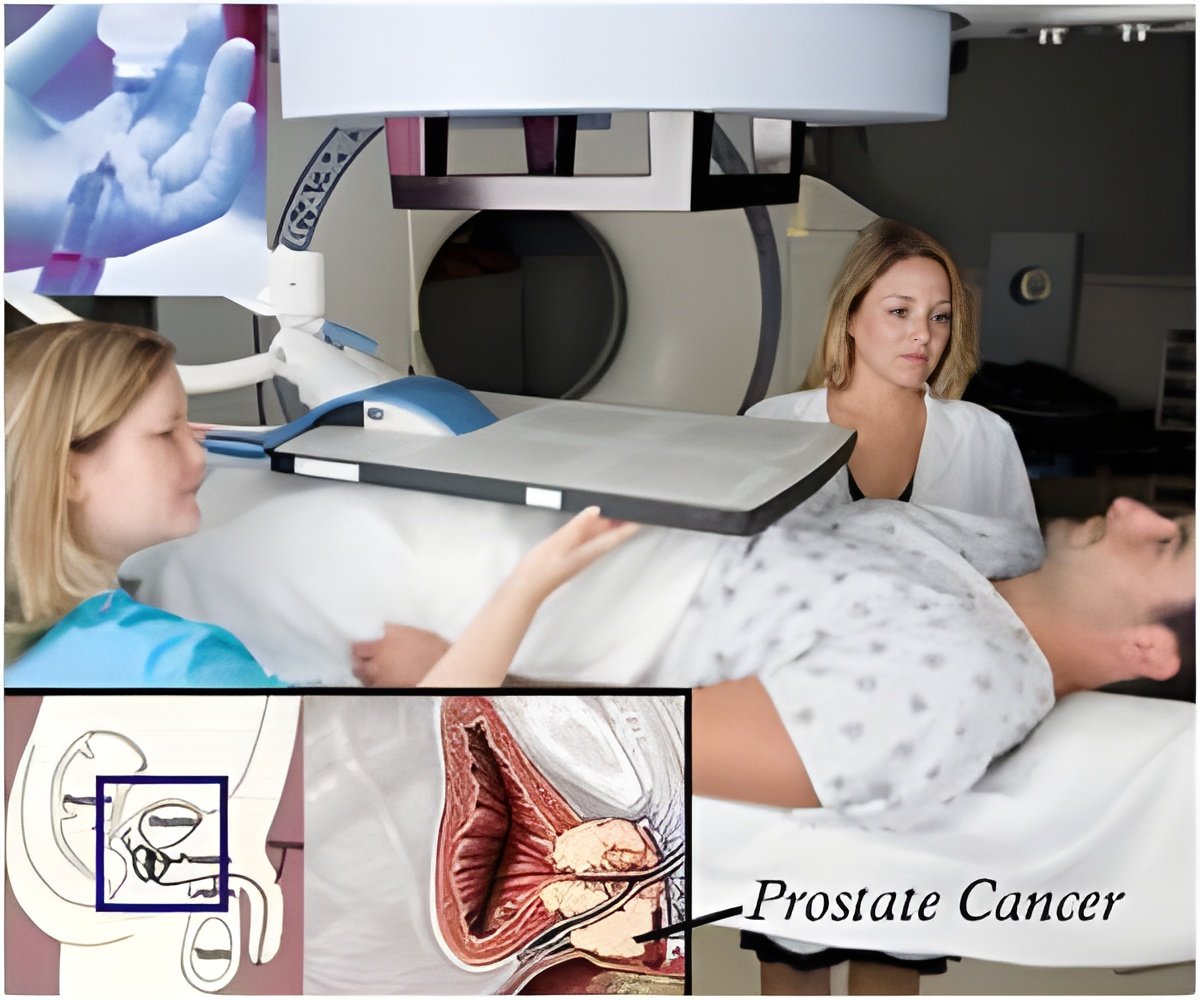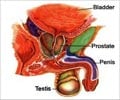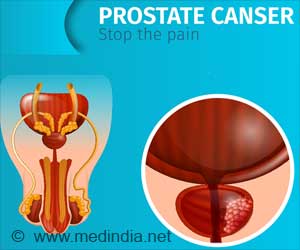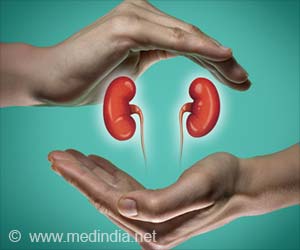6 months of NADT and a relatively low dose of radiation can aid in efficient treatment of a large proportion of men with locally advanced prostate cancer

The new findings come out of a research by a team from Australia and New Zealand. The study involved 802 men with locally advanced prostate cancer. ‘6 months of neoadjuvant androgen deprivation combined radiotherapy is an effective treatment option for locally advanced prostate cancer’, writes the authors. The results were published in The Lancet, a leading medical journal.
The duration of NADT had been a controversy for a while and now clinicians may reach a consensus. Prolonged use of drugs caused side-effects including impotence, high cholesterol and heart attack. The new study proves that NADT for six months - before and after radiotherapy - avoids these potential side-effects. A three month long treatment was found to have no effect in their death rates or cancer spread.
The results are strong enough to revolutionise current clinical practise. As little as 6 months of NADT and a relatively low dose of radiation can aid in efficient treatment of a large proportion of men with locally advanced prostate cancer with few late side-effects.
Reference: The Lancet
Source-Medindia






![Prostate Specific Antigen [PSA] Prostate Specific Antigen [PSA]](https://www.medindia.net/images/common/patientinfo/120_100/prostate-specific-antigen.jpg)








